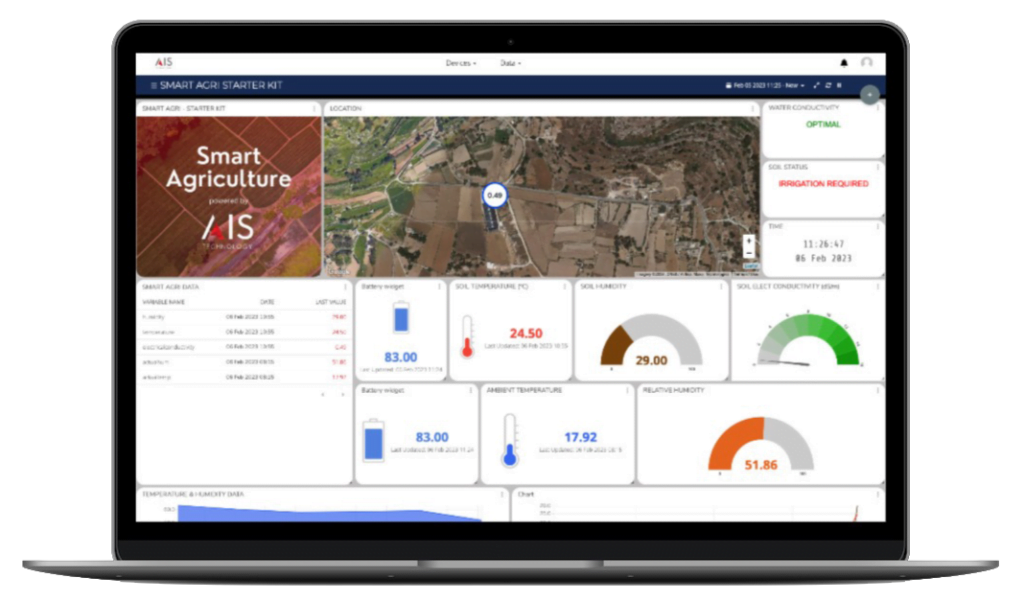The Internet of Things (IoT) has been rapidly growing and changing the way businesses operate. It has opened up a world of opportunities by providing real-time data to businesses. This data can be analysed to optimise operations, reduce costs, and drive growth. Its capability is immense, and businesses that are able to leverage it can propel themselves forward in the competitive marketplace. In this blog post, we will explore how IoT can help businesses take advantage of the opportunities presented by IoT.
Understanding IoT

IoT refers to a network of devices and sensors that connect to the internet, allowing them to communicate with each other and transmit data. These devices can range from small sensors that monitor temperature and humidity to large machines in manufacturing plants. IoT devices generate data that can track performance, monitor usage, and identify opportunities for improvement.
One of the key benefits is that it provides businesses with real-time insights into their operations. This enables businesses to quickly identify issues and address them before escalate. This data can also be used to track trends over time. This helps businesses identify areas where they can improve efficiency, reduce costs, and increase productivity.
Leveraging Data for Business Success
Businesses can leverage IoT in a number of ways to help them succeed. Here are a few examples:
Optimising Operations
Monitoring of equipment performance, identify bottlenecks, and optimize processes. For example, a manufacturing plant might use sensors to track machine performance and identify areas where maintenance is needed before a breakdown occurs. This can help reduce downtime and improve overall efficiency.
Enhancing Customer Experience
IoT can create personalised experiences for customers. For example, a retail store might use beacons to track customer movements in the store and offer targeted promotions based on their interests and behaviour. This can help improve customer engagement and loyalty.
Enabling Predictive Maintenance
IoT can predict when equipment is likely to fail. This can help businesses schedule maintenance before a breakdown occurs, reducing downtime and minimizing repair costs. For example, an airline might use IoT sensors to monitor engine performance and predict when maintenance is needed.
Challenges of IoT
While IoT data presents many opportunities for businesses, it also poses some challenges. One of the biggest challenges is the sheer volume of data generated by IoT devices. Managing and analysing this data can be complex, and businesses need to have the right infrastructure in place to handle it. Additionally, businesses need to ensure that they have the right talent in place to analyse and interpret the data, and to take action based on the insights generated. Luckily, AIS Software is equipped with several systems that can help you in setting up the right infrastructure for your IoT data.
The Internet of Things is transforming the business landscape, and is becoming a valuable asset that businesses can use to improve operations, reduce costs, and drive growth. By leveraging this data effectively, businesses can sense success and stay ahead of the competition. Having the right infrastructure and talent in place to make the most of this emerging technology is crucial to making the most out of your IoT solution.
